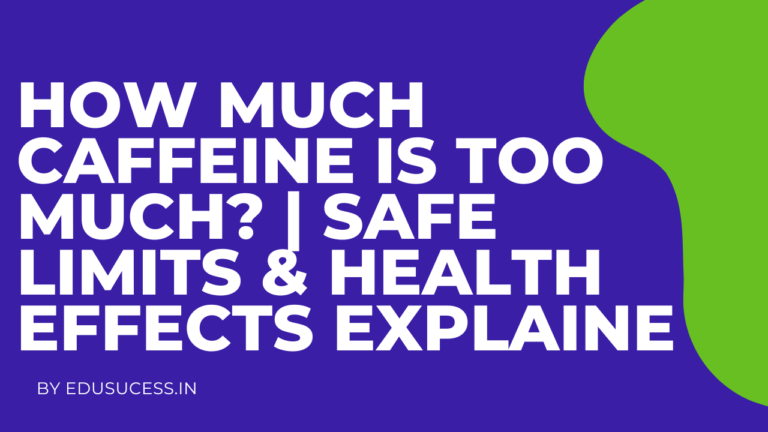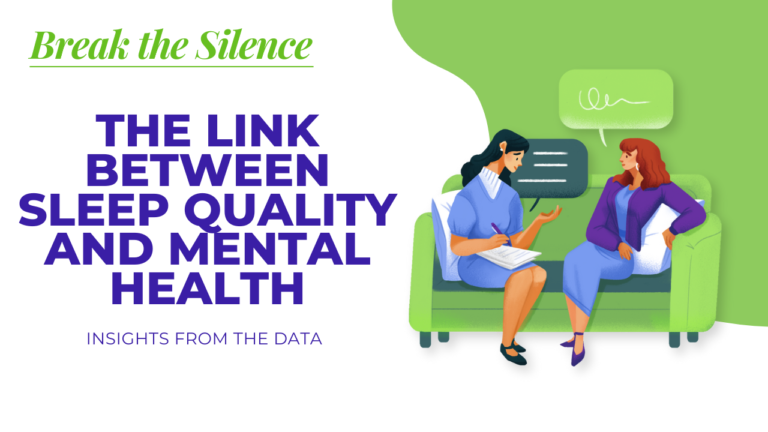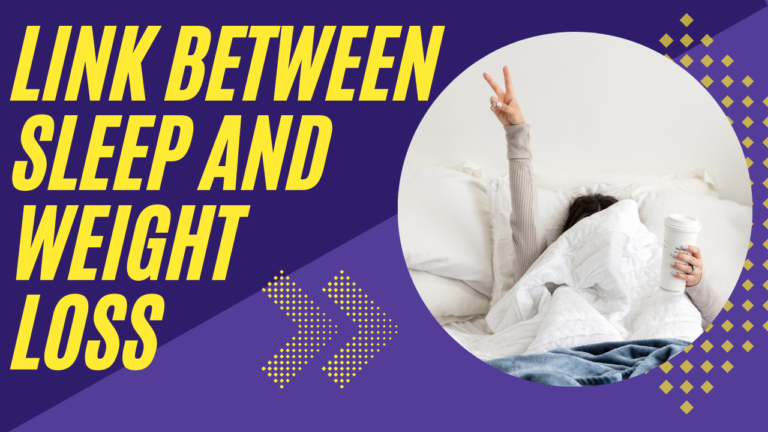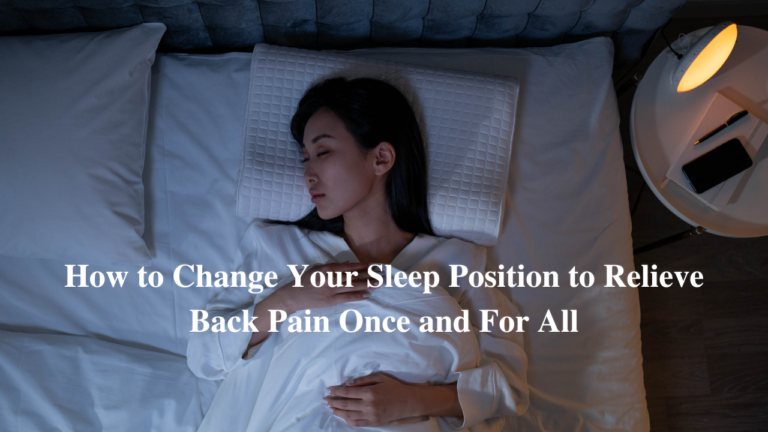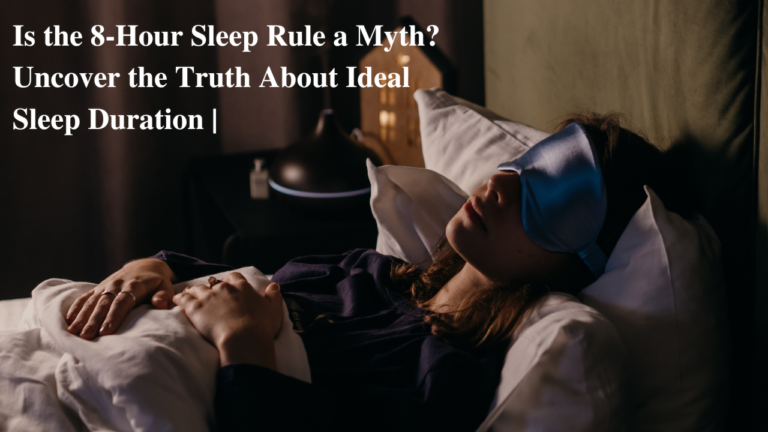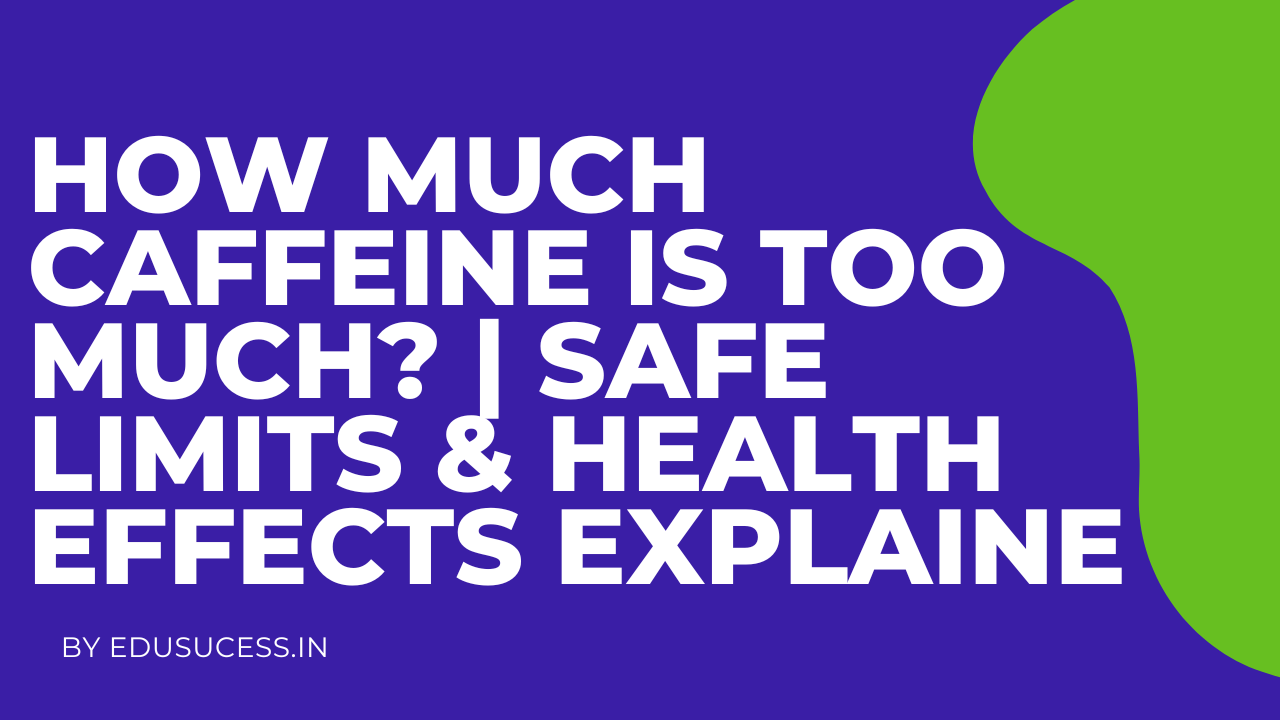
Introduction:
We’ve all heard it — the “8-hour sleep rule.” For decades, people have been told that getting eight hours of sleep is the magic number for optimal health. But is this sleep rule a myth, or does it hold some truth? In this post, we’ll take a deep dive into the science of sleep and uncover the truth about the ideal sleep duration for adults. Whether you’re struggling to get enough rest or wondering if the 8-hour rule works for you, read on to learn what the research really says.
What is the 8-Hour Sleep Rule?
The 8-hour sleep rule suggests that adults should aim for approximately 8 hours of sleep each night. This guideline has been widely accepted and promoted by sleep experts, health organizations, and even popular media. The rule is based on the idea that 8 hours is the optimal amount of rest needed to maintain physical health, mental well-being, and overall productivity.
But how accurate is this “magic number”?
How Much Sleep Do You Really Need?
The ideal sleep duration varies from person to person, and factors such as age, lifestyle, and individual health can influence how much sleep someone needs. According to the National Sleep Foundation, here’s a general guideline for different age groups:
- Newborns (0-3 months): 14-17 hours
- Infants (4-11 months): 12-15 hours
- Toddlers (1-2 years): 11-14 hours
- Preschoolers (3-5 years): 10-13 hours
- School-age children (6-13 years): 9-11 hours
- Teens (14-17 years): 8-10 hours
- Adults (18-64 years): 7-9 hours
- Older adults (65+ years): 7-8 hours
As you can see, the 8-hour sleep rule applies more to adults, but even then, it’s a range. While 8 hours may be ideal for some, others may need more or less sleep to feel fully rested and function optimally.
Factors That Affect Your Sleep Needs
Several factors can influence how much sleep you need, and why 8 hours might not be the “one-size-fits-all” number. Here are a few important ones to consider:
- Genetics
Some people are naturally “short sleepers,” needing only 6 hours of sleep to feel refreshed, while others may need up to 10 hours of rest. Studies suggest that genetic factors play a significant role in how much sleep we need. - Sleep Quality
It’s not just about how long you sleep, but how well you sleep. The quality of your sleep matters just as much, if not more, than the quantity. Deep, uninterrupted sleep helps your body recover and regenerate more effectively than lighter or interrupted sleep. - Age
As we age, our sleep needs change. Older adults tend to sleep less deeply and may find that they require less sleep overall. However, the need for restorative sleep remains important, even if the total duration decreases. - Lifestyle and Activity Levels
Active individuals, especially those who exercise regularly, may find that they need more sleep to help their body recover. On the other hand, sedentary individuals might not require as much rest. - Mental Health
Mental health conditions such as depression and anxiety can disrupt sleep and affect the amount of rest you need. In these cases, the quality of sleep may be more important than the duration.
What Happens If You Sleep Too Much or Too Little?
Both insufficient and excessive sleep can have negative consequences on your health. Here’s what can happen when you get either too little or too much sleep:
- Sleep Deprivation (Too Little Sleep):
Chronic lack of sleep can lead to poor cognitive function, mood disorders, weakened immune system, and an increased risk of heart disease, diabetes, and obesity. - Oversleeping (Too Much Sleep):
While rare, oversleeping has been linked to health risks such as headaches, back pain, and an increased risk of depression. In some cases, excessive sleep could be a sign of an underlying health issue, such as sleep apnea or other sleep disorders.
The Truth About the 8-Hour Rule:
So, is the 8-hour sleep rule a myth? Not exactly. While 8 hours may be the ideal amount of sleep for some, it doesn’t apply universally. Your “ideal sleep duration” depends on your unique needs. Some people may feel fully rested with 7 hours, while others may need 9 hours or more.
The key takeaway is to listen to your body. Pay attention to how you feel after different sleep durations. Are you waking up feeling refreshed and alert, or do you struggle with fatigue throughout the day? Over time, you’ll find the amount of sleep that works best for you.
Tips for Improving Your Sleep Quality:
Whether you’re aiming for 7, 8, or 9 hours of sleep, it’s important to focus on sleep quality. Here are some tips to help improve your sleep hygiene:
- Stick to a consistent sleep schedule: Go to bed and wake up at the same time every day, even on weekends.
- Create a calming bedtime routine: Wind down with relaxing activities such as reading or meditation.
- Limit screen time before bed: Avoid using electronics at least 30 minutes before going to sleep to reduce blue light exposure.
- Make your sleep environment comfortable: Keep your bedroom cool, dark, and quiet.
- Watch your caffeine and alcohol intake: Both can interfere with the quality of your sleep.
Conclusion:
The 8-hour sleep rule isn’t a one-size-fits-all solution. While it’s a good guideline for many adults, the ideal sleep duration varies depending on individual needs, lifestyle, and health. Rather than adhering strictly to a number, focus on how you feel after sleep. Aim for 7-9 hours of quality rest and adjust as needed.
By focusing on both the duration and quality of your sleep, you can optimize your rest, enhance your well-being, and improve your overall health.
Call to Action:
Are you getting the right amount of sleep? Track your sleep patterns and experiment with different sleep durations to find your ideal amount of rest. Share your experiences with us in the comments below, and feel free to ask any questions about sleep duration!

